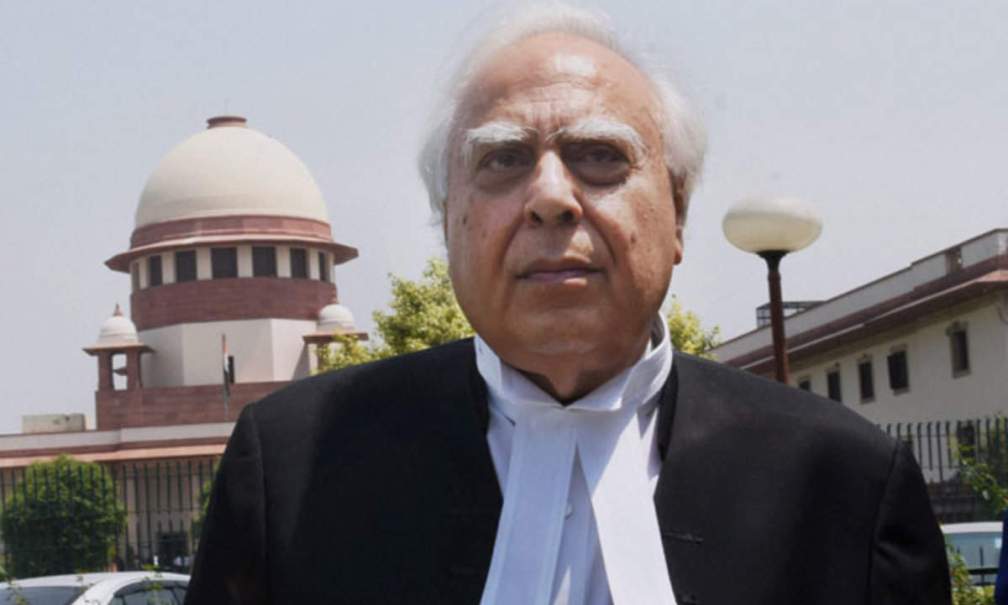Munmun Kaur-
Published On: February 02, 2022 at 12:29 IST
Supreme Court continued to hear the batch of Petitions concerned with the interpretation of the Prevention of Money Laundering Act, 2002 (PMLA Act).
Senior Advocate Kapil Sibal submitted before the Bench of Justices AM Khanwilkar, Dinesh Maheshwari, and CT Ravikumar that the power of an Enforcement Directorate (ED) Officer under Section 50 of PMLA Act to summon any person to record his statement during the course of an investigation or require the said person to tell the truth or to sign the said statement under the threat of penalty or arrest was violative of Article 20(3) and 21 of the Constitution.
He further referred to safeguards for recording statements by the Police under CrPC, 1973 and the Indian Evidence Act, 1872 to emphasize on the procedure established by Law which is consistent with the constitutional guarantee against self-incrimination and right to silence under Article 20(3) and right to fair Trial under Article 21.
The Senior Counsel also submitted that signing of a statement by the accused is not a piece of evidence under the Evidence Act and it does not have an evidentiary value.
The submission came with regards to the fact that when a transaction takes place from illegitimate to legitimate and ED is asked to call for records to suspect where the money has gone and receive evidence on the affidavit, what ED does is calls the accused, records the statement, says that it is evidence u/s 50 and gives it to the authority investigating the predicate offense and that statement is used to convict the accused.
The Senior Counsel also argued that requiring an Accused to tell truth under threat of sanction renders safeguards u/s 161, 162, 313, and 315 CrPC, Section 25 of Indian Evidence Act and protection under Article 20(3) illusionary.
He also referred to Apex Court’s Judgments in The State Of Bombay vs Kathi Kalu Oghad And Others 1961 AIR 1808, Nandini Satpathy vs Dani (P.L.) And Anr 1978 AIR 1025, Selvi & Ors vs State Of Karnataka & Anr and MP Sharma’s case.
He added that it was time to look at the whole situation differently as to why a person should cooperate with the Police if they are discriminating against him. He argued that the whole concept of the Accused not cooperating or being silent is held against him when the Law prescribes otherwise.
The Accused has a constitutional right to remain silent. Hence, this right can’t be used against the Accused to deny him Bail by saying he hasn’t cooperated.

